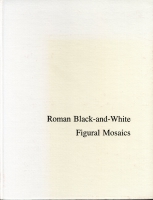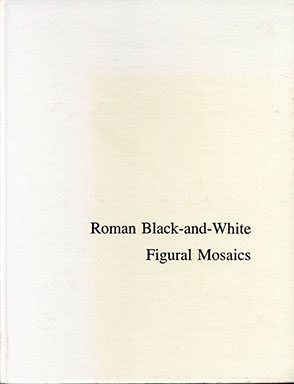Roman Black-and-White Figural Mosaics
John R. Clarke
- Table of Contents
- Subjects
Contents
Preface ix
Abbreviations xi
List of Illustrations xv
Introduction xix
PART ONE: COMPOSITION IN BLACK-AND-WHITE FIGURAL MOSAICS
1. First Century: Rise of the Independent Figure-in-Architecture 3
The Architectural Setting
Trabeated Construction
Vaulted Construction
2. Late Trajanic and Hadrianic Periods (110–138): Aesthetics of Flow and Kinesthetic Address 19
The Changing Relationship of Mosaic to Architecture
The Changing Relationship of Mosaic to the Spectator: Spectator Address
Three Types of Mosaic Composition
Trabeated Construction
Vaulted Construction
3. Antonine Period (139–193): Extension of
Kinesthetic Address 31
Trabeated Construction
4. Severan Period through Mid-Third Century (193 to
about 250): Aesthetics of Disjunction and Axiality 41
Monumental Trabeated Construction
Small-scale Trabeated Construction
Vaulted Construction
PART TWO: STYLE IN BLACK-AND-WHITE
FIGURAL MOSAICS
5. First Century: Silhouette Style and Its Alternatives 57
The Transition from Polychromy to Monochromy and the Emergence of the Silhouette Style
The Late Silhouette Style
The Neronian Fluid-Highlights Style
6. Late Trajanic and Hadrianic Periods (110-138):
Draftsmanly Style 69
The Draftsmanly Style
The Hadrianic Classicizing Style
VII Antonine Period (139-193): Emergence of the
Optical Style 81
White-line Drawing in the Draftsmanly Style
The Early Optical Style
7. Severan Period (193 -235) and Later Third Century:
Optical Styles 87
The Severan Optical Style I
The Late Draftsmanly Style
The Sevcran Optical Style II
The Optical Silhouette Style
Conclusion 103
Illustrations 107
Indices 141
Mailing List
Subscribe to our mailing list and be notified about new titles, journals and catalogs.




